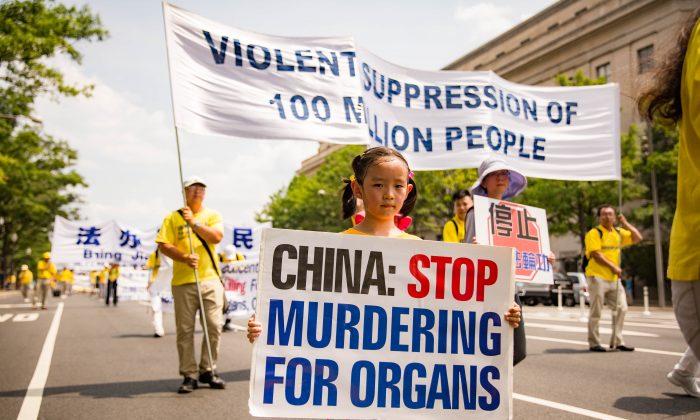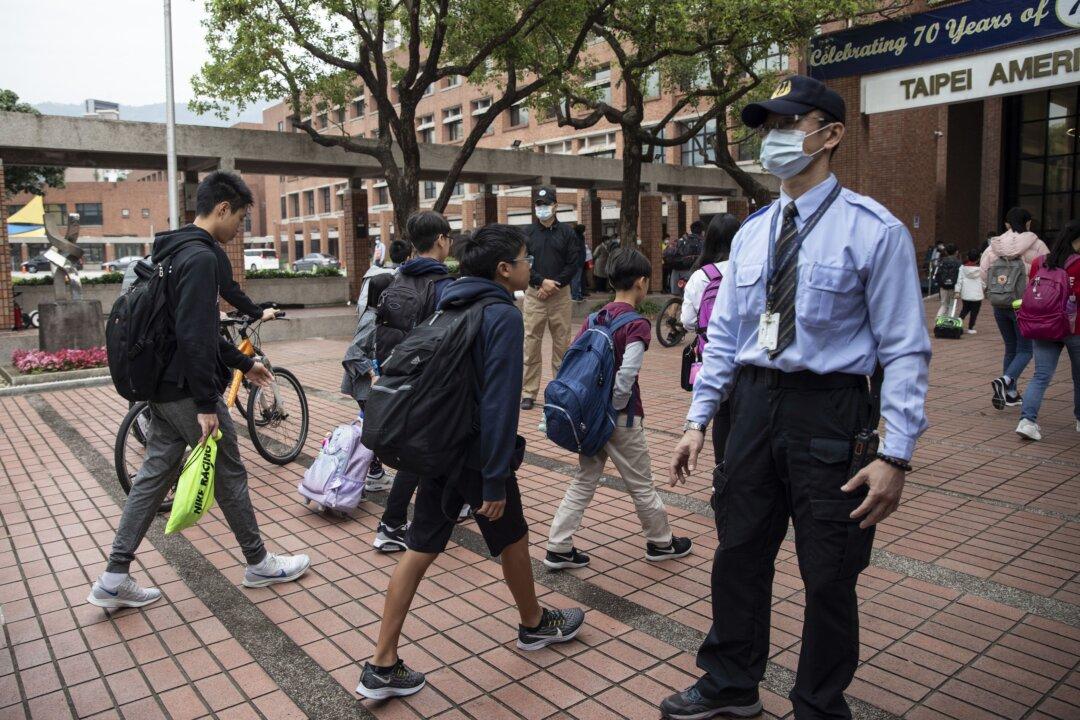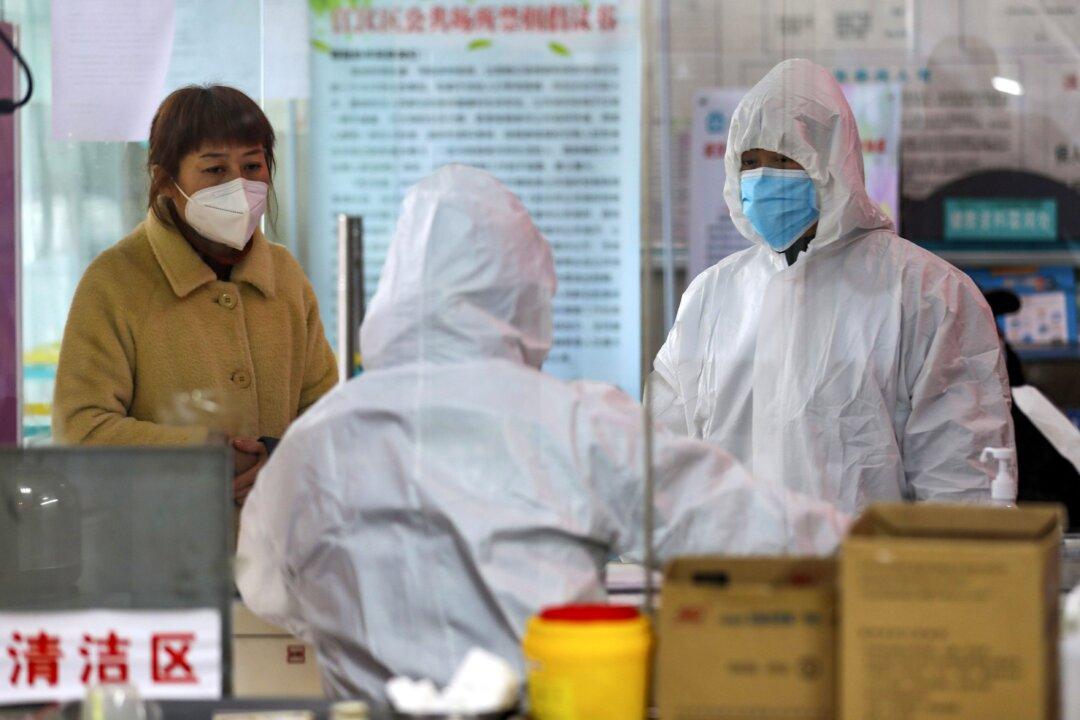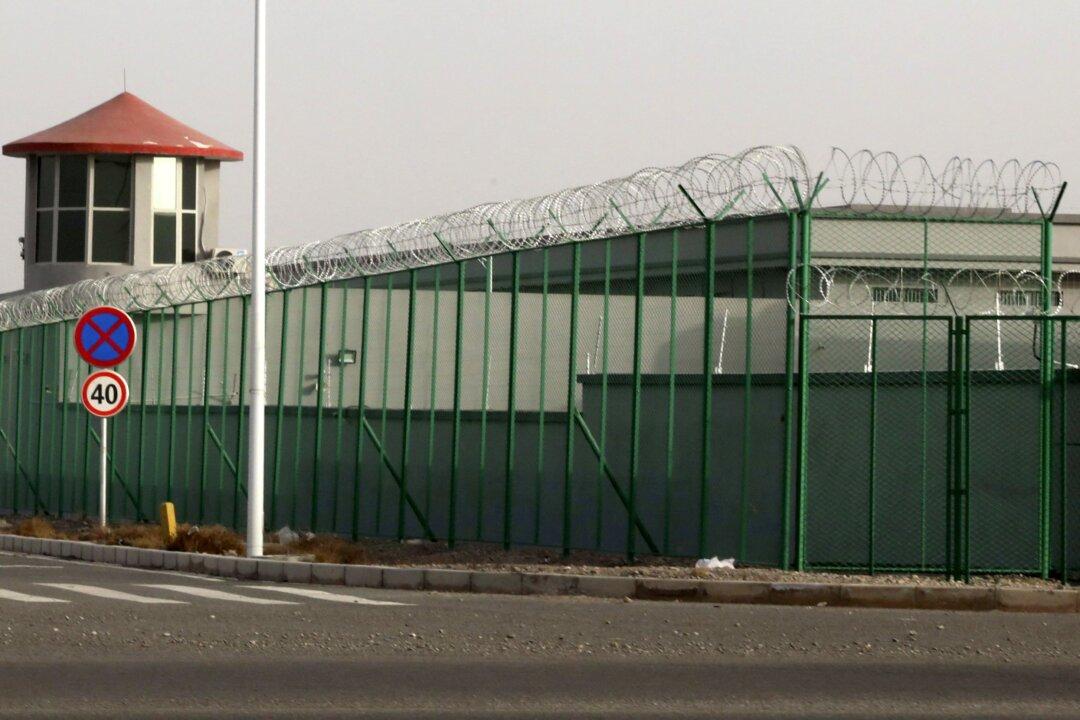The following is a speech given by Hon. David Kilgour, J.D., at the Harvard Club of New York City on Sept. 25, 2019.
Bilateral relations between Canada and China are currently at rock bottom. A Nanos opinion survey across Canada last month indicated that nine in ten Canadians hold a “negative” or “somewhat negative” impression of the Government of China.





